The 3 Components of Metacognition
KnowledgeOne
NOVEMBER 30, 2022
Metacognition can be summarized as the ability to reflect on one’s cognitive processes, allowing us to identify our mistakes and successes, understand their origin, and adjust our goals. About the cognitive strategies: what we know about the most effective methods for carrying out an activity. VIDEO] Decoding the brain.

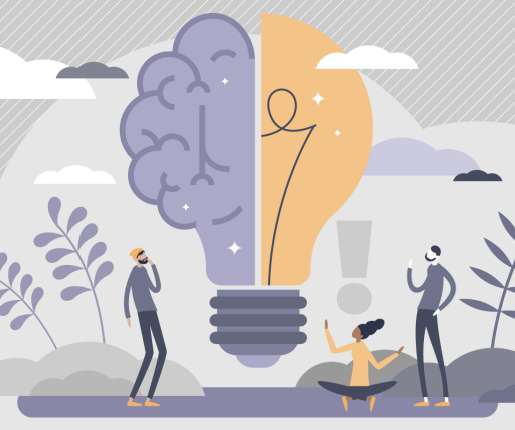

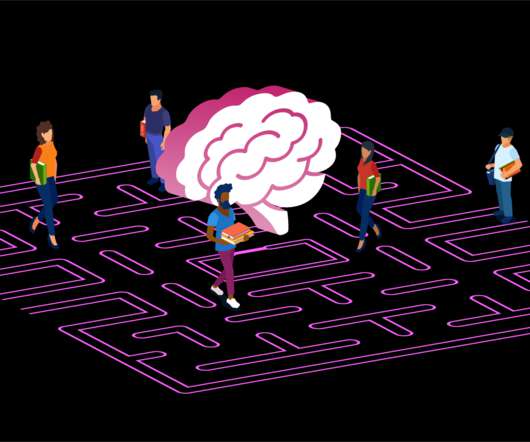

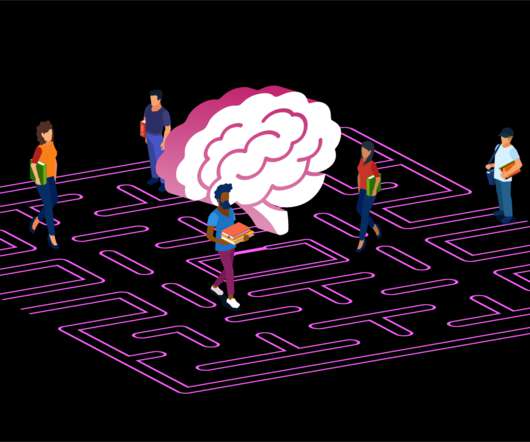













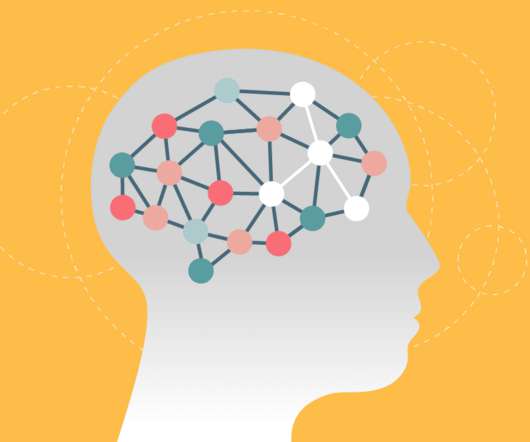
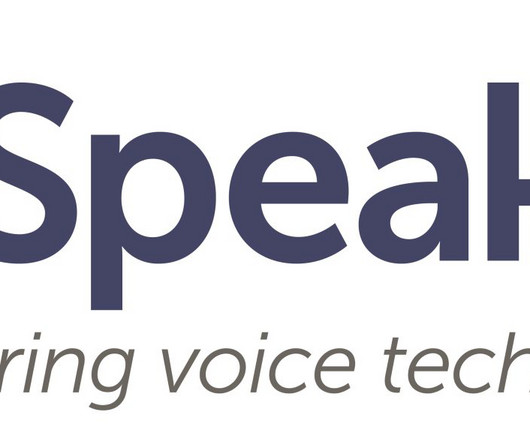
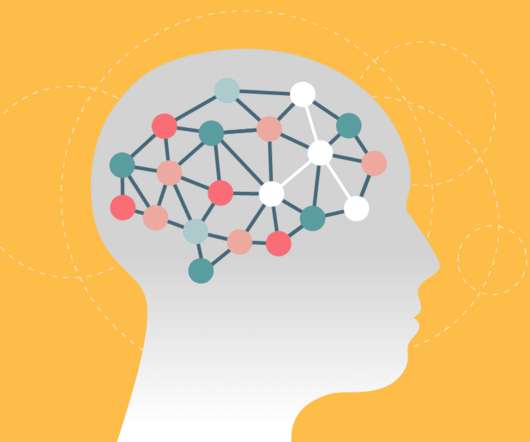












Let's personalize your content